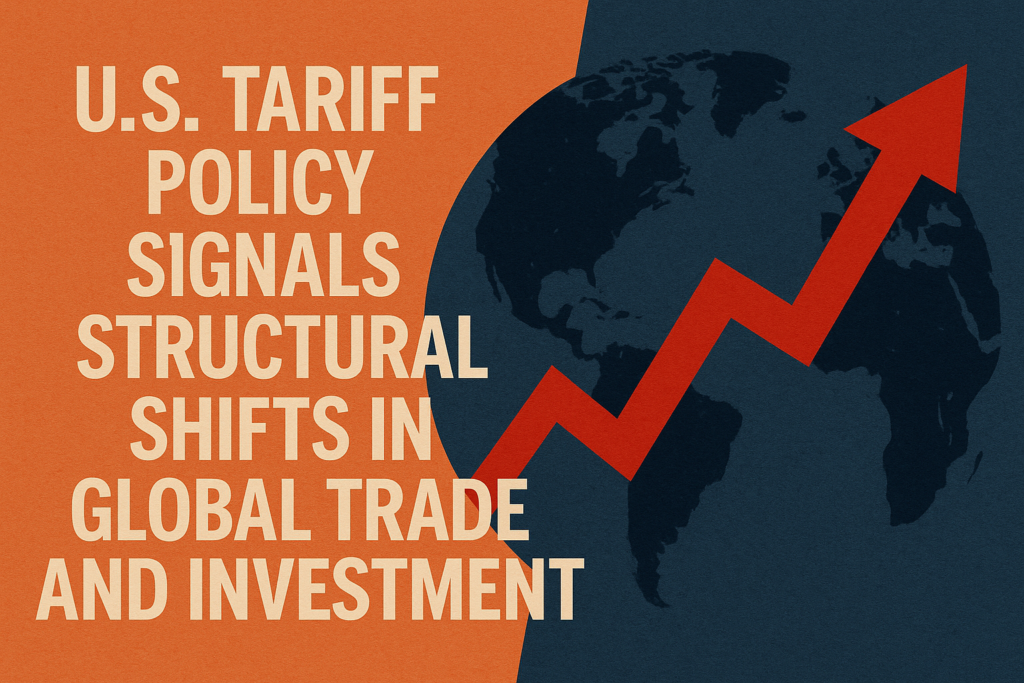
What to Know
- Market Volatility: Recent U.S. tariffs have led to unusual market swings, indicating underlying structural shifts.
- Long-Term Impacts: These tariffs are not just short-term measures but signal deeper changes in global trade dynamics.
- Investor Sentiment: The unpredictability of U.S. trade policy is causing foreign investors to reassess their positions.Financial TimesFinancial Times
U.S. Tariff Policy and Its Broader Implications
The United States’ recent implementation of tariffs has introduced significant volatility into global markets. These fluctuations are not merely reactions to immediate policy changes but reflect deeper, more structural shifts in the global economic landscape.Financial Times+2Financial Times+2Financial Times+2
According to the Financial Times, the unusual swings in markets and consensus economic narratives point to longer-term forces at play. This suggests that the tariffs are accelerating existing trends rather than creating entirely new dynamics.Financial Times
Impact on Global Trade Dynamics
The imposition of tariffs by the U.S. has prompted other nations to reconsider their trade strategies. Countries are exploring alternative markets and supply chains to mitigate the impact of U.S. trade policies. This realignment is leading to a more fragmented global trade environment, with regional trade agreements gaining prominence.Financial Times+1Financial Times+1
Investor Sentiment and Market Reactions
The unpredictability of U.S. trade policy is causing foreign investors to reassess their positions in American assets. The Congressional Budget Office (CBO) has warned that the turbulence triggered by these tariffs could mark a “tipping point” in foreign investors’ willingness to hold U.S. assets. Financial Times
This sentiment is reflected in the markets, with significant drops in major indices and increased borrowing costs. While some stabilization has occurred, lingering fears remain about the unpredictability of U.S. trade policy.Financial Times
Long-Term Economic Narratives
The current tariff policies are not isolated events but part of a broader shift in economic narratives. There is a growing recognition that globalization, as previously understood, is undergoing transformation. Supply chains are becoming more regional, and nations are prioritizing economic security over efficiency.Financial Times+1Financial Times+1
This shift is prompting businesses and policymakers to rethink long-term strategies, focusing more on resilience and adaptability in the face of changing trade dynamics.Financial Times+3Financial Times+3Financial Times+3

